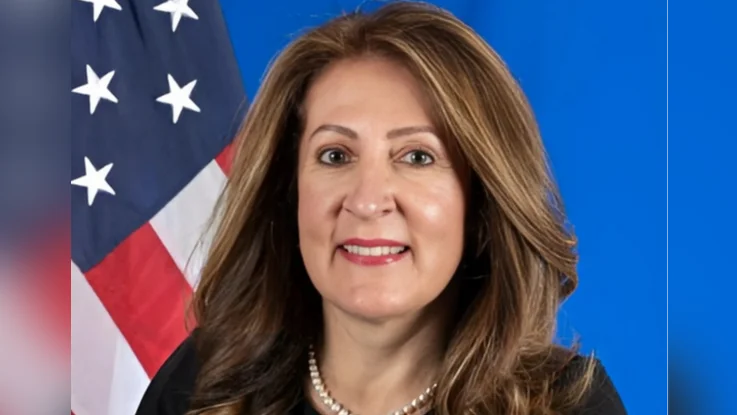After two years of negotiations, the United States and its international partners have reached a comprehensive deal with Iran aimed at preventing the country from acquiring nuclear weapons. President Obama announced the agreement, highlighting its significance in promoting global security through diplomacy.
"This deal demonstrates that American diplomacy can bring about real and meaningful change — change that makes our country, and the world, safer and more secure," said President Obama. He referenced historical precedents such as President Kennedy's call for negotiation during the Cold War to emphasize the importance of diplomatic efforts.
The agreement includes several key measures to ensure Iran does not develop nuclear weapons. It requires Iran to reduce its stockpile of enriched uranium by 98 percent and remove two-thirds of its centrifuges under international supervision. Additionally, Iran will modify its Arak reactor to prevent it from producing weapons-grade plutonium.
Verification is a cornerstone of this deal, with inspectors granted 24/7 access to Iran’s nuclear facilities. "This deal is not built on trust; it is built on verification," stated President Obama. The International Atomic Energy Agency (IAEA) will oversee inspections to ensure compliance.
In return for adhering to these terms, Iran will receive phased relief from sanctions imposed due to its nuclear program. However, if Iran violates the agreement, sanctions will be reinstated swiftly.
President Obama emphasized that without this deal, there would be no constraints on Iran's nuclear ambitions and potentially increased regional instability. He warned against rejecting the agreement: "No deal means a greater chance of more war in the Middle East."
The President acknowledged concerns from allies about Iran's support for terrorism but argued that an armed Iran would pose a greater threat. He reassured continued efforts to counter threats from Iran and strengthen alliances with Israel and Gulf States.
As Congress reviews the details of the agreement, President Obama expressed readiness for thorough discussions while urging lawmakers not to obstruct implementation: "I am confident that this deal will meet the national security interest of the United States and our allies."
Obama concluded by thanking negotiating partners including the UK, France, Germany, Russia, China, and the European Union for their unity in reaching this milestone agreement.

